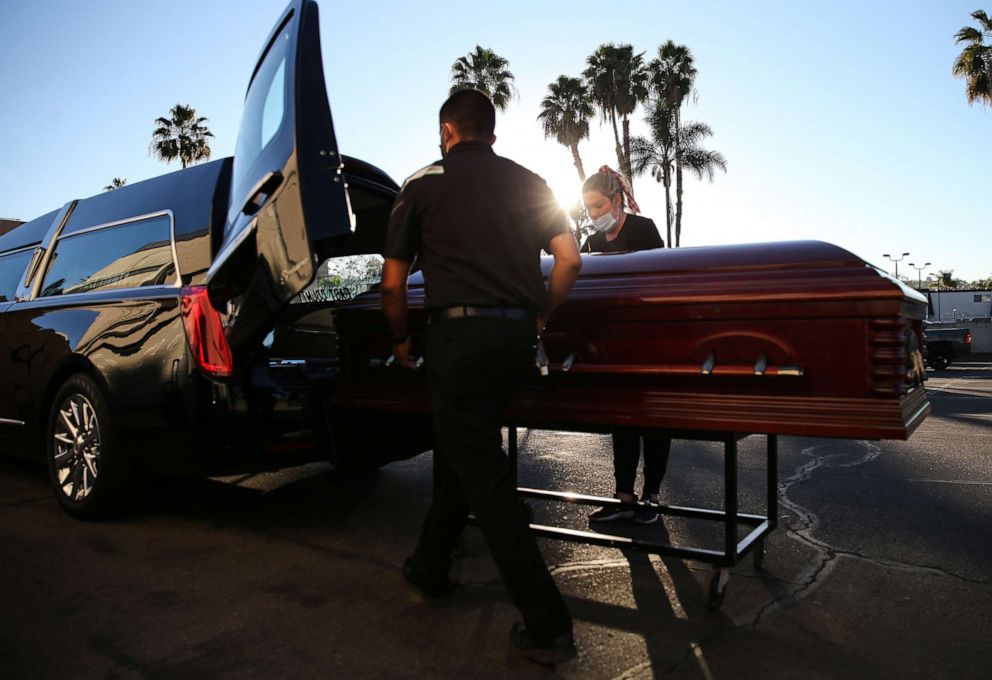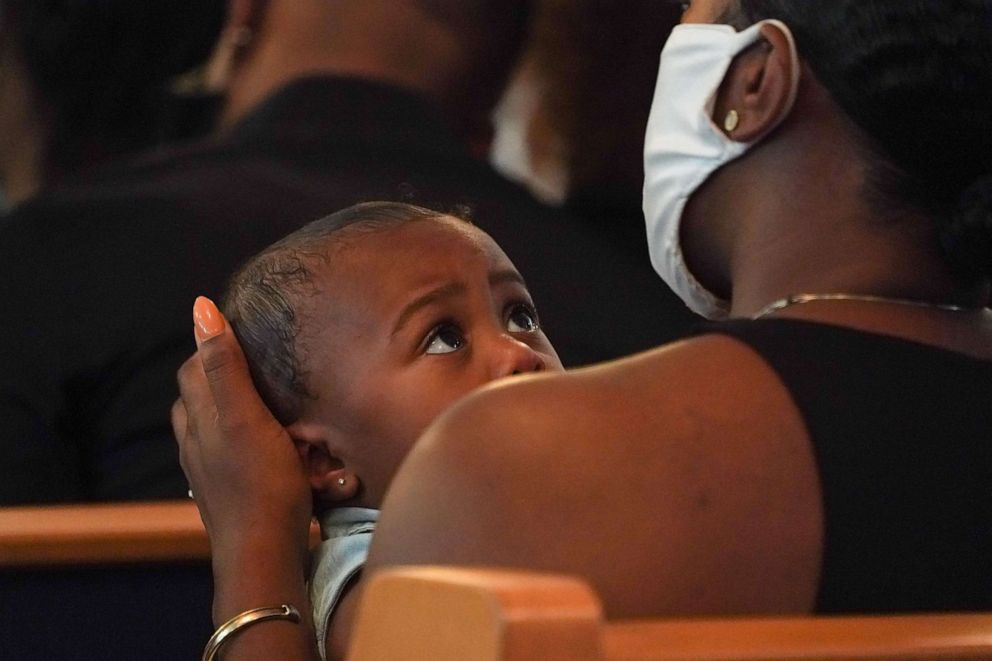Over 5 million children around the world lost a parent or caregiver to COVID-19
The 'hidden' pandemic of orphaned children is documented in a study.
Approximately 5.2 million children have lost a parent or caregiver during the pandemic, according to a new study published in The Lancet medical journal Thursday.
An analysis by the same team of researchers in July 2021 had estimated 1.5 million children were orphaned during the first 14-months of the pandemic, meaning they lost at least one parent. But with new variants and a rising death count, the researchers said they felt compelled to re-evaluate the analysis.
Between May 2021 and October 2021, deaths globally nearly doubled compared to the months prior, a jump attributed predominantly to the delta variant. This new study estimates that approximately 5.2 million children are experiencing COVID-related orphanhood.
“What we found was shocking,” said Dr. Susan Hillis, the study's lead author and a senior research officer at Oxford University, who completed this work while at the Centers for Disease Control and Prevention.
The number of children who lost at least one parent at the end of the first 20-months of the pandemic was greater than the total number of COVID deaths, and this gap is increasing, according to the study.

Children aged 10 through 17 were more likely to have lost a parent, with 2.1 million children affected. Still, over 490,000 children between ages 0 and 4, and 750,000 children between ages 5 and 10 lost a parent or caregiver.
Among all children, 3 out of every 4 lost a father, which is even more significant in low-income countries where the father is more likely to be the primary earner.
“COVID-related orphanhood does not come in waves," Hillis said. "It is a steadily rising slope with the summit still out of our sight.” Although many may recover from an infection, losing a parent is not something that can be easily recovered from, she said.
“These are 5 million kids in one generation that will be living the rest of their lives in a very different way, and this affects us all,” said Dr. Natasha Burgert, a pediatrician and spokesperson for the American Academy of Pediatrics. Burgert was not involved with the study.
As part of their work, Hillis and her team said they developed a real-time calculator to predict loss of parent or caregiver by current mortality data for every country in the world. By the end of January 2022, the estimate had risen to 6.7 million children worldwide affected by COVID orphanhood, according to the research. In the United States, the researchers estimate over 149,000 children have lost a parent or caregiver.
However, despite these staggering numbers, Hillis say there is hope.
For the last 20 years, the U.S. government has been investing in evidence-based programs to ensure orphaned and highly vulnerable children affected by the HIV/AIDS pandemic could be protected and supported to reach their potential, the researchers noted.
“We actually know the models that work,” Hillis says. “We have an opportunity to lead by example.”
Experts say these findings underscore the importance of vaccinating adults across the globe.
“Vaccines are keeping people alive in the face of this terrible virus and keeping families whole,” says Burgert.
While authors continue to call for equitable access to vaccines and treatment globally, the millions of children already orphaned still need support, they said.

"We need to be supporting our childcare centers, local schools and larger university systems with the resources needed to create a cushion of support and a safe place for social-emotional learning," says Burgert. "Educators, counselors, administrators, physicians and legislators need to be preparing for the upcoming impact, and they will need everyone’s help."
The CDC, WHO and many top experts around the world have agreed to the importance of adding an additional pillar to the world-wide COVID response: Caring for and protecting these children.
There is currently no governmental funding in the United States aimed at acknowledging and protecting these children in their hidden pandemic, the researchers noted.
“We have an unprecedented opportunity to change the narrative in our country away from divisiveness towards shared hope,” says Hillis. “It is a moral imperative for us to do what we know works to help the ones at home and to encourage every country in the world to do the same.”
Emily Molina, MD, an internal medicine resident physician at the Johns Hopkins Hospital, is a contributor to the ABC News Medical Unit.



